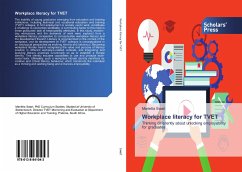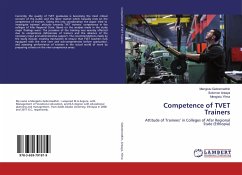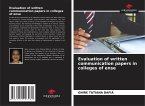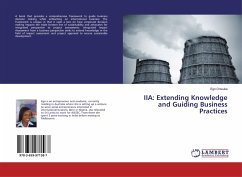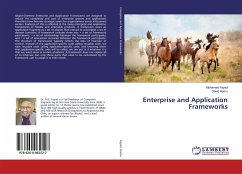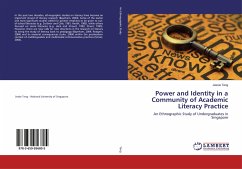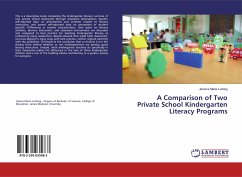The inability of young graduates emerging from education and training institutions, including technical and vocational education and training (TVET) colleges, to find employment or socially useful work, constitutes a challenge to economies worldwide. A contributing factor to this crisis is these graduates' lack of employability attributes. In this study, modern-day workplaces and the demands of work were explored from a workplace literacy perspective to conceptualise workplace literacy and the development thereof. Literacy is circumscribed in the context of the workplace, and its development at TVET colleges is conceptualised in an ideological perspective as evolving identity and behaviour. Becoming workplace literate means recognising the value and purpose of literacy practice in different workplace-related contexts, and integrating and applying literacy practices functionally so as to establish a literate identity. This identity includes capabilities to use and produce multi-modal texts. Ultimately, such a workplace literate identity manifests as creative and critical literacy behaviour, which transforms the individual as a thinking and working being and enhances employability.
Bitte wählen Sie Ihr Anliegen aus.
Rechnungen
Retourenschein anfordern
Bestellstatus
Storno

